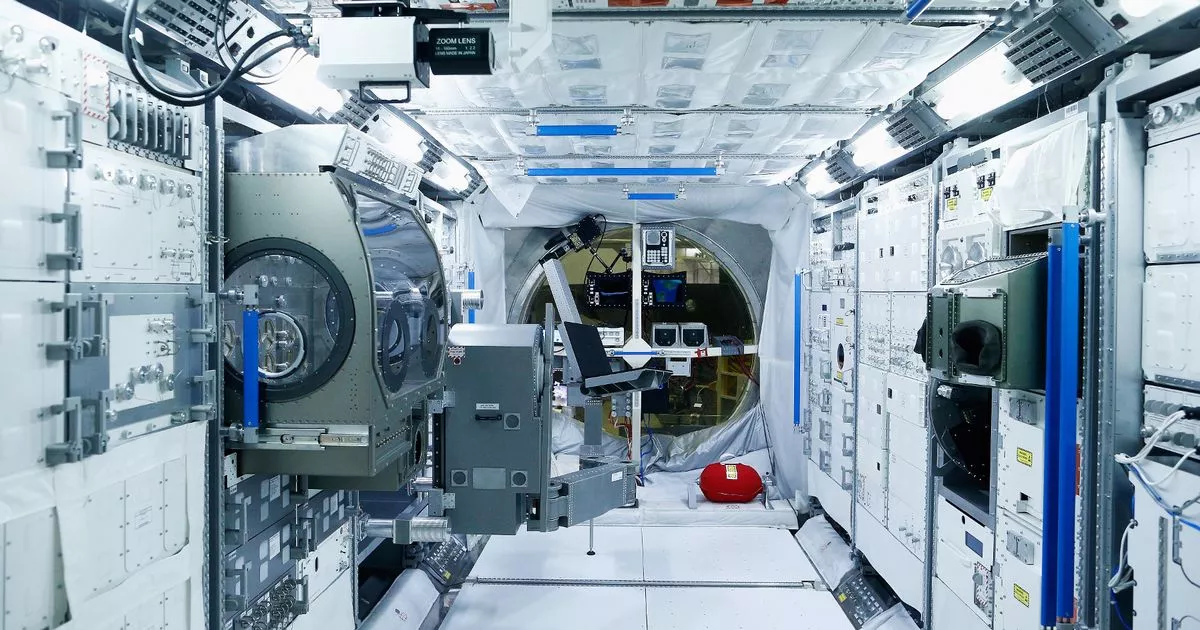The microgravity aboard the station has been suggested as a reason for its survival. The bacteria seem to have taken a different growth route than those on Earth due to the unique conditions on the ISS.
Despite instructions for astronauts to travel light, unknown bacteria and microbes can find their way onto the space station. The bacteria aboard the ISS has been linked to clinical infections like sepsis, and it was found to be far more drug-resistant than its counterparts on Earth.
This has raised concerns about potential dangers as materials from Mars are shipped back to Earth, possibly carrying microbes and aliens in their cargo. A team has called for the creation of an “astrobiodefense” in response to the possible risks associated with space exploration and the transport of Martian samples.
They warned that as humans venture further into the unknown, they also expose themselves to new and previously unforeseen dangers. NASA has budgeted less than $11 billion for returning samples from Mars, and part of this budget may be allocated to the “astrobiodefense” group.
The team emphasized that space exploration offers significant challenges and opportunities, but it also comes with potential risks that need to be managed.


